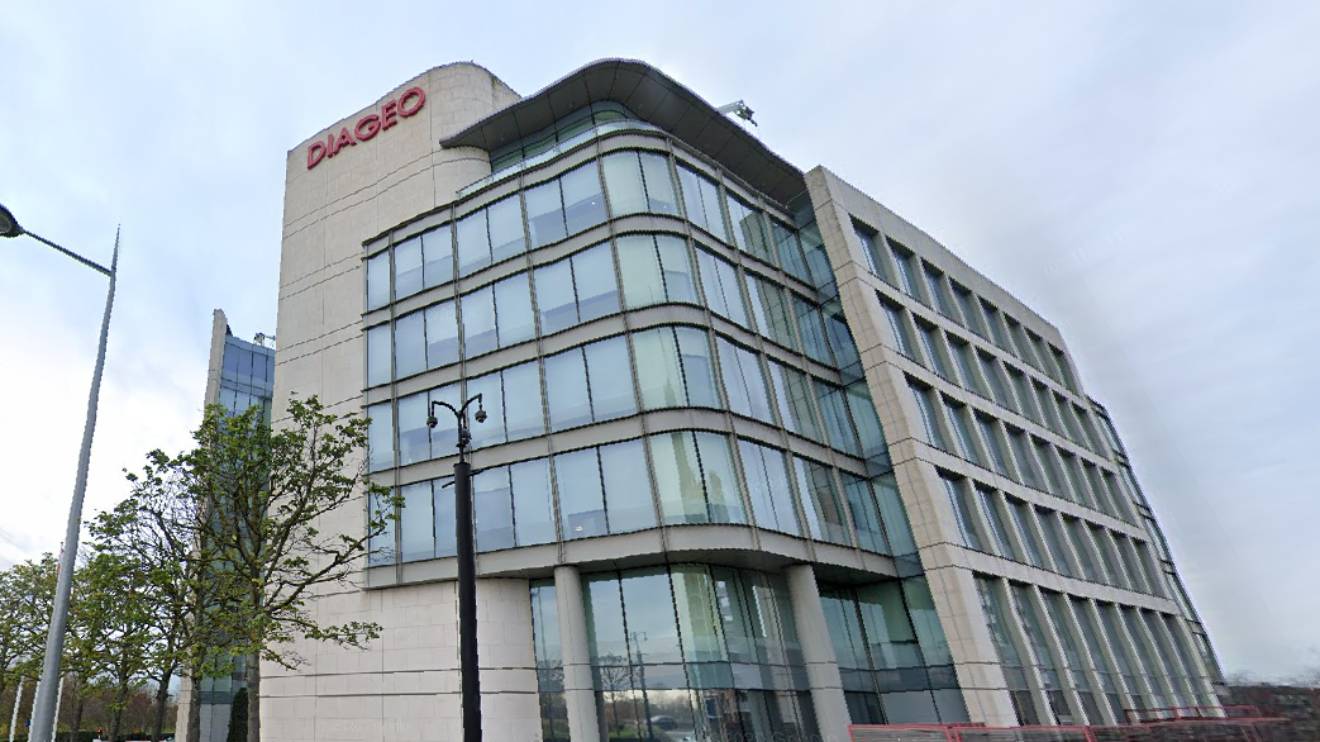In a significant strategic move, the renowned London-based distilling and brewing giant, Diageo, is reportedly exploring the possibility of divesting its extensive beer portfolio, while notably holding onto its flagship Guinness brand.
Citing concerns over profit margins, insiders revealed that the contemplated divestment would exclude key beer labels such as Smithwick's, Kilkenny, Harp Lager in Ireland, and Tusker in Kenya, which have reportedly been impacting the overall profitability of the company's diverse business ventures.
Despite inquiries, Diageo has chosen not to comment on these market speculations.
However, an analysis of the company's latest annual report unveils that beer sales represented just over 14 per cent of the total sales, amounting to a substantial £3.36 billion (€3.93 billion) for the fiscal year concluding on June 30th.
In stark contrast, spirits sales dominated the revenue stream, contributing an impressive 81 per cent to the company's financial success.
Read More
This potential move follows Diageo's earlier warning in November about a projected decline in first-half operating profit growth, attributing it to regional weaknesses.
The decision to potentially offload the beer portfolio aligns with Diageo's strategic focus on bolstering its lucrative spirits business, a sector that has consistently proven more profitable for the conglomerate.
Insiders privy to the matter suggest that Diageo has been contemplating divesting its beer portfolio for nearly a decade, with a particular emphasis on streamlining its focus on the flagship Guinness brand.
The company's public stance, evident in its annual report and website, reinforces its dedication to Guinness, with minimal information available on other beer brands within its portfolio.
Apart from the prized Guinness label, Diageo's other beer brands have grappled with maintaining profitability, prompting divestments of assets like Meta Abo Brewery and Guinness Cameroon in recent years, raking in a total of £389 million.
Diageo did make a notable move earlier this year by increasing its stake in East African Breweries to 65 per cent, a strategic manoeuvre aligned with its focus on the lucrative Guinness market in the region.
Despite this, industry experts caution that finding buyers for the remaining beer brands may prove challenging, given the current investor sentiment.
The beer industry, including craft breweries, is reportedly experiencing a decline in favorability, resulting in sponsor hesitation due to a challenging debt financing market and concerns about investment exits.
In a landscape where major players are consolidating, potential buyers for Diageo's beer brands may be scarce, adding complexity to the divestment process.
The company's strategic decision to retain Guinness while considering shedding the rest of its beer portfolio reflects broader industry trends, as companies prioritize profitability and adapt to evolving consumer preferences.











